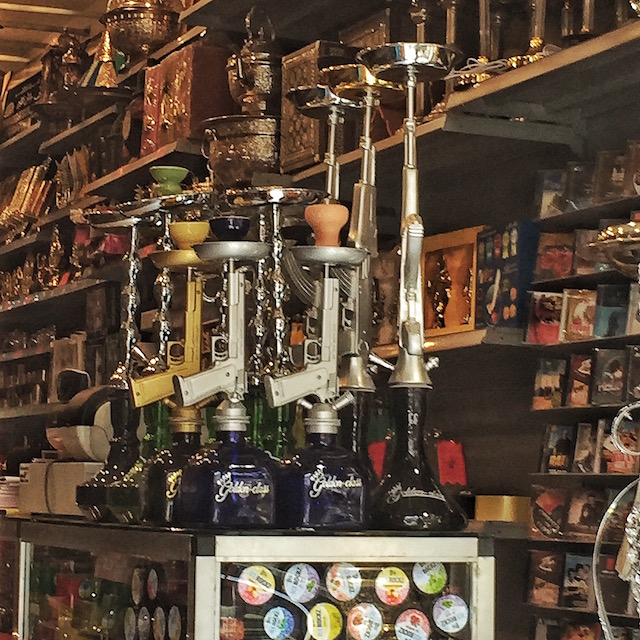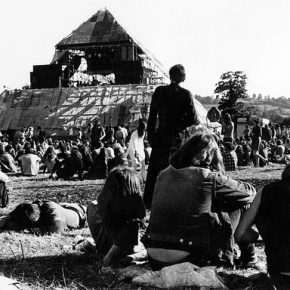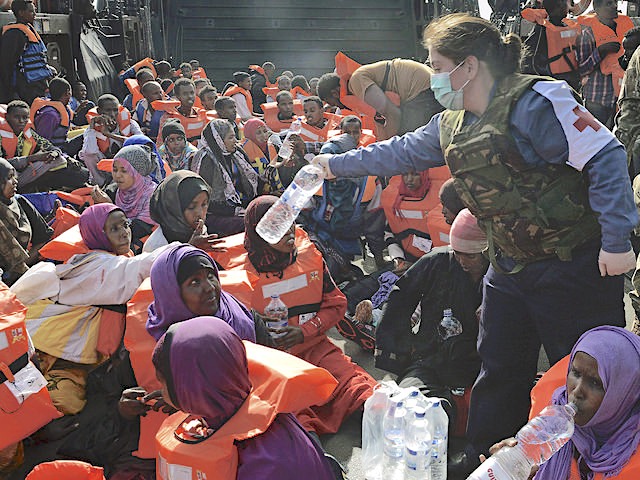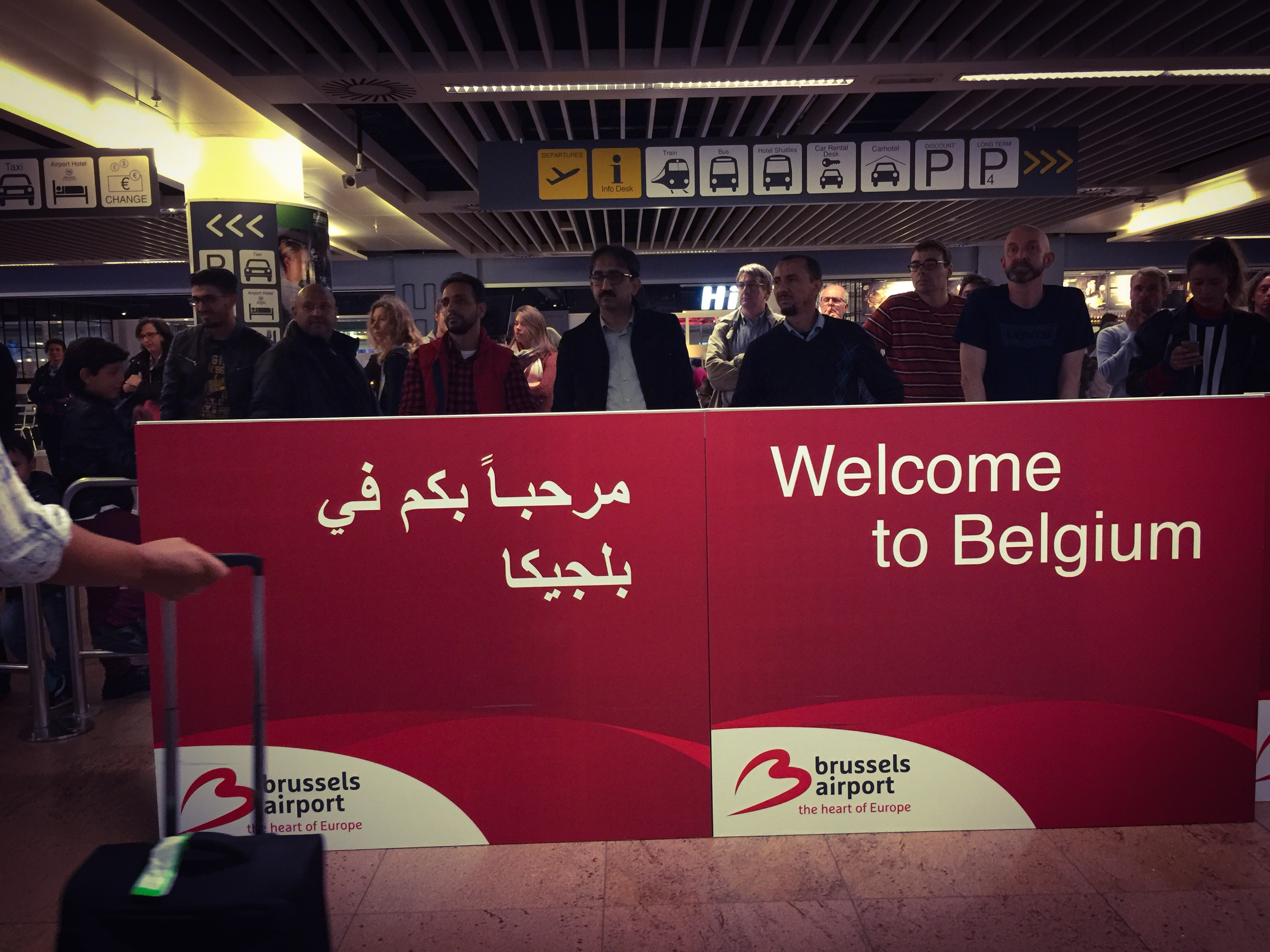Last week, Moroccan asylum seeker Abderrahman Mechkah appeared in court on video from his hospital bed, where he was recovering after being shot in the leg by Finnish police. Mechkah pled guilty to stabbing two women to death in the coastal city of Turku, but argued that his rampage was not terrorism.
Whatever his motivation actually was, Mechkah has added to growing concerns about Moroccan jihadists in Europe, beginning with the Paris attacks in November 2015, the Brussels bombings in March 2016, and last week’s attacks in Barcelona.
In all of these cases, a disproportionate number of the attackers have been of Moroccan background, which raises the question why Moroccan immigrants and their descendants have been so heavily represented amongst European jihadists, as opposed to other immigrant communities from countries more routinely associated with terrorism, such as Syria.
Militants are largely radicalised by issues specific to their countries of birth, which vary significantly across the European Union. Discrimination in employment and housing opportunities, aggressive policing, and poor economies are often cited as general factors. But concentrating too heavily on Moroccans, risks further alienating the community, which can be counterproductive as it feeds into the recruitment strategies of Islamic State, who paradoxically rely heavily on diasporic racism for support.
Nevertheless, it is true that a large number of ethnic Moroccan have been waging jihadist violence across Europe, particularly in Belgium and France, and, most recently, Spain.
All three countries host substantial Moroccan communities, and have experienced debilitating economic crises since the end of the Cold War. Muslim immigrants, in particular, have suffered enormously during this time, as they were already at the bottom of the social ladders in all three countries beforehand.
France and Belgium have struggled to move past the colonial reflexes they have historically exercised in relation to their North African populations, but old habits die hard. The manner in which they treat immigrants from the Maghreb and their descendants, including Moroccans, is often reminiscent of how they would have dealt with them abroad, as hostile and backwards tribal entities, whose first point of contact with the state is law enforcement and jail. No matter where they are, Maghrebis are still largely seen as a problem to be managed.
Even though Spain has a larger community, the Franco-Belgian context is more charged, and has a greater transnational impact, including on jihadists elsewhere in other European countries, who often look to the plight of North Africans in Francophone Europe as being paradigmatic of continental Islamophobia.
EU member states tend to also have significant problems with restrictive, and time consuming, asylum and immigration systems. Bureaucracies tasked with processing immigration applications, asylum cases in particular, take such a long time, that they intensify feelings of powerlessness and desperation, that lead to violence.
Abderrahman Mechkah is a good example. He arrived in Finland during the spring last of 2016, and after a year of waiting, had his asylum application rejected. Long immigration cases often do a great deal of psychological damage to their applicants, with even greater effects if they seek asylum and face the prospect of deportation.
The situation worsens dramatically in cases when the applicant has not been treated for trauma resulting from their journey, and the events that they are fleeing in the first place. Ideally, this would mean counselling and psychotherapy. While this is good in itself, it is also worth noting that terrorist groups typically take advantage of people who feel emotionally vulnerable and desperate.
Critically, Moroccan applicants are in a particularly difficult situation because they often get even less support than other refugees and asylum seekers, owing to the fact that they’re technically from a safe and stable country, and frequently get dismissed as “economic migrants” who are trying to take advantage of European generosity.
The majority of recent Moroccan militants are not actually refugees. In almost every recent attack, they have been dual nationals, who grew up in Europe. As a result, they have been shaped by very European problems, including everyday racism, institutional discrimination, disproportionate levels of unemployment and job uncertainty, and various cultural insecurities.
Additionally, governmental attempts to counter Islamist extremism by supporting “moderate” scholars and community representatives are often counterproductive. Moderate religious leaders in the Moroccan diaspora, partly due to active monitoring by Moroccan intelligence, tend to support King Mohammed VI, and are unlikely to offer much leadership on important community issues like poverty and austerity.
They also have a tendency to frame ‘Moroccan-ness’ in explicitly Islamic terms, which does not appeal to many Moroccans. This includes jihadists themselves, who often do not become religious until just before their attacks. Moroccans who live abroad often end up feeling withdrawn and excluded by a politically and religiously conservative community that seems to have no place for them.
Ironically, jihadist violence then becomes a tool to reclaim a lost sense of belonging, which can seem paradoxical to analysts and policy makers, especially since the militants themselves tend to avoid prominent Muslim-identified leaders, community activities, and places of worship.
Part of the problem is that there are not enough opportunities to explore ‘Moroccan-ness’ in ways that do not involve the monarchy or Islam. Rather than exclusively focusing on the religious elite, as though it is representative of the whole, European governments need to invest in supporting people who explore their identities in other, more complex ways, that do not necessarily involve religion.
Extremism and jihadist violence are not exclusively Moroccan, or North African, problems. These groups have only become visible because of structural problems which push anxious and vulnerable people to armed violence, especially in the context of unresolved community tensions rooted in Western imperialism.
This is not inevitable, and European governments can respond to the issue with policies which help ease feelings of personal distress and material insecurity.
Photograph courtesy of Joel Schalit. Published under a Creative Commons license.





